A preview of Helen Oyeyemi’s Boy, Snow, Bird appeared in Granta’s Best of Young British Novelists issue in April last year, the decennial list identifying 20 writers under 40 as the names to watch. The previous four novels of the Nigerian-born Oyeyemi (who was first published at the age of 18) revolve around deeply psychological retellings of folk tales, laced with questions of race, gender and, above all, youth.
Already a subscriber? Log in
Subscribe for just $2 a week
Try a month of The Spectator Australia absolutely free and without commitment. Not only that but – if you choose to continue – you’ll pay just $2 a week for your first year.
- Unlimited access to spectator.com.au and app
- The weekly edition on the Spectator Australia app
- Spectator podcasts and newsletters
- Full access to spectator.co.uk
Unlock this article
Available from the Spectator Bookshop, £11.69. Tel: 08430 600033
You might disagree with half of it, but you’ll enjoy reading all of it. Try your first month for free, then just $2 a week for the remainder of your first year.

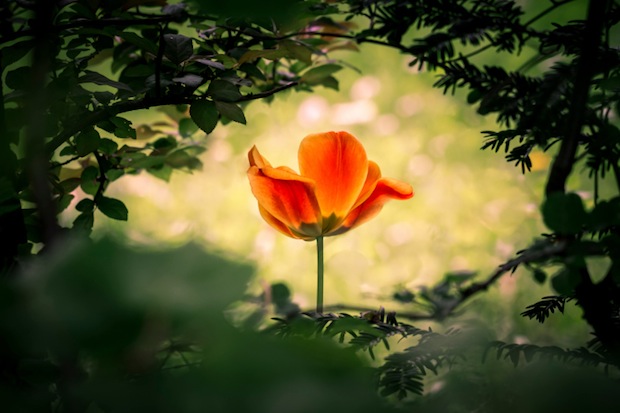
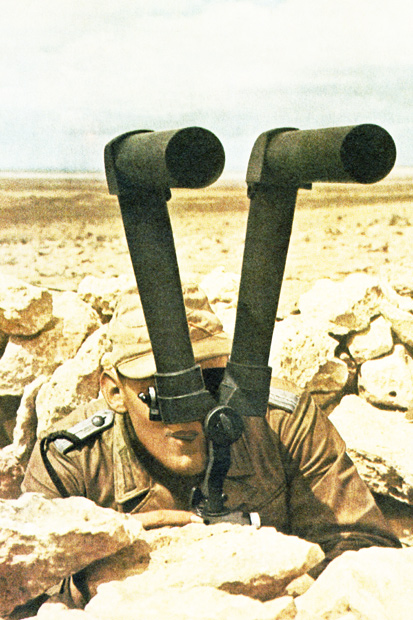
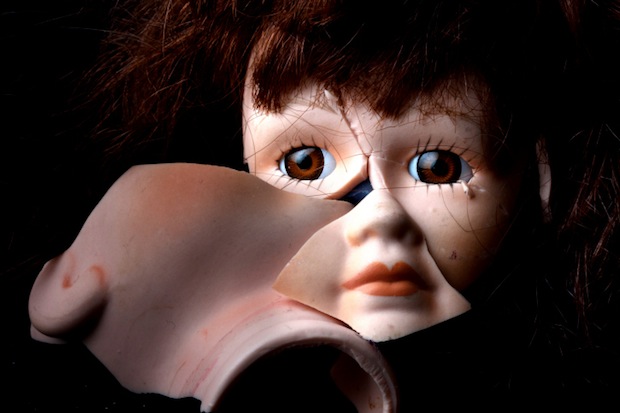

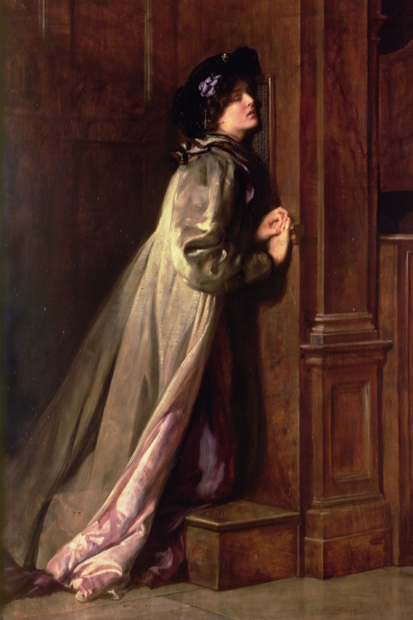

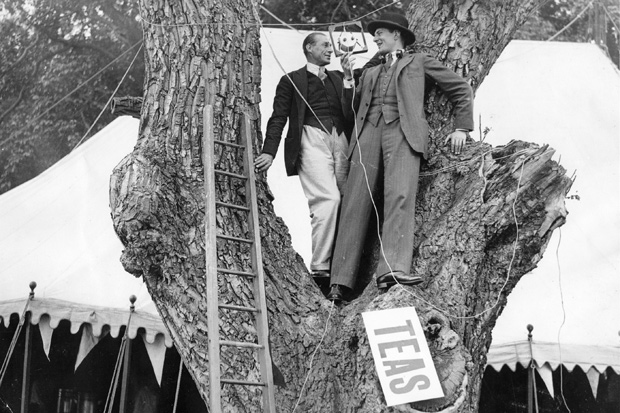






Comments
Don't miss out
Join the conversation with other Spectator Australia readers. Subscribe to leave a comment.
SUBSCRIBEAlready a subscriber? Log in